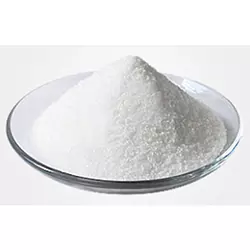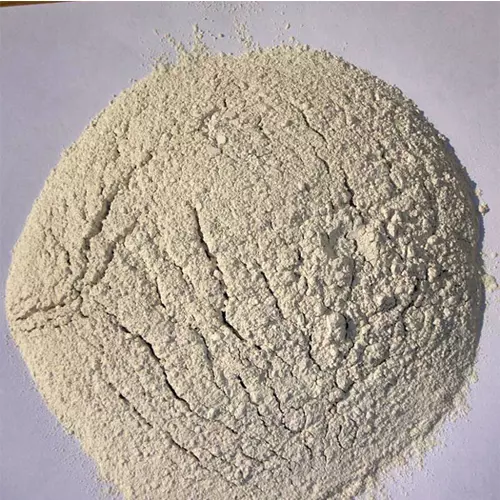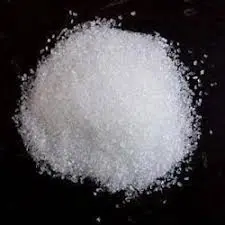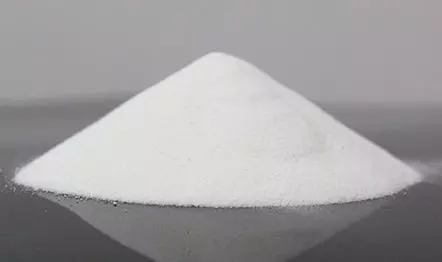Sodium Metasilicate
|
IUPAC Name |
: Sodium Metasilicate |
|
Cas Number |
: 6834-92-0 |
|
HS Code |
: - |
|
Formula |
: Na2O3Si |
Basic Info
|
Appearance Name |
: White Powder |
|
Common Names |
: Sodium Metasilicate Pentahydrate, Pentahydratemeta |
|
Packaging |
: 25 Kg Bag |






